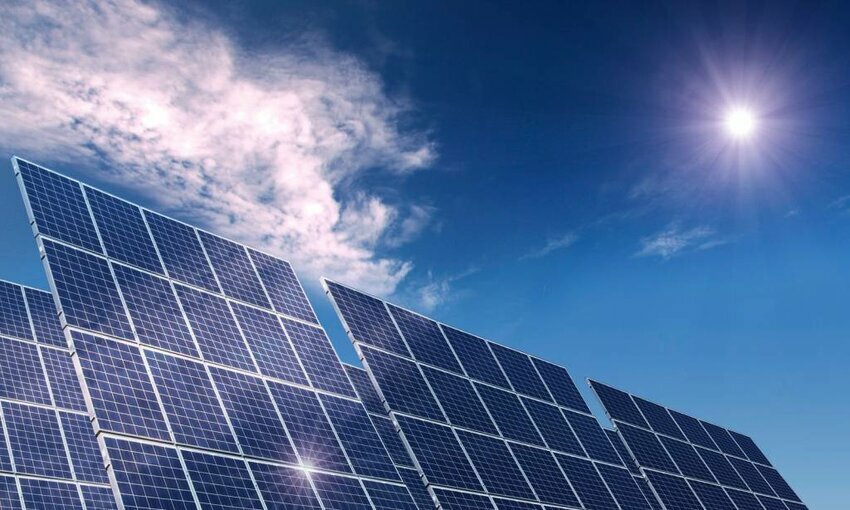 (Credit: Canva Pro)
(Credit: Canva Pro)President Biden has vetoed a resolution by Congress to reinstate tariffs on solar panel parts from Southeast Asia.
The Senate passed a Congressional Review Act resolution on May 3, 2023, that would end Biden’s executive order that suspended tariffs on solar components produced in Cambodia, Malaysia, Thailand, and Vietnam. The House passed a similar resolution in late April that would end the two-year tariff suspension, which is set to continue through June 2024.
Biden has said the tariff suspension is necessary to increase domestic manufacturing of solar energy systems. That manufacturing is key to the president’s goal of reaching net zero by 2050 and is a significant piece of 2022’s Inflation Reduction Act, which includes nearly $370 billion in energy funding and incentives.
Opponents of the tariff suspension said it was a way for China to gain an unfair advantage in the solar market and hurts U.S. production and workers. A Commerce Department investigation in 2022 found that Chinese companies had tried to avoid tariffs by funneling their products through facilities in other countries in Southeast Asia.
More than 80% of the parts used to make solar panels in the U.S. comes from Southeast Asia.
Michigan Democrat Rep. Dan Kildee, who voted to end the suspension, said in a Reuters report, "Our workers and businesses will never be able to compete globally unless we hold those who violate U.S. trade laws accountable."
The Solar Energy Industries Association (SEIA) said if the resolution had become law it would have eliminated more than 4,000 solar manufacturing jobs in the country. The association also said that the Commerce Department investigation essentially shut down the U.S. solar industry last year.
“All sides of this debate can agree that we need to deploy American energy and manufacture those components and technologies in America,” SEIA said.
Biden said he does not intend to extend the executive order when it expires next year. For Congress to override the veto it would need a two-thirds vote by both the House and the Senate.
“Passage of this resolution bets against American innovation,” Biden said in a statement. “It would undermine these efforts and create deep uncertainty for American businesses and workers in the solar industry.”